In the age of heroes and gods, when Olympus watched over mortals with both curiosity and mischief, a single golden apple would change the fate of the world.
It all began at the wedding of Peleus, a mortal king, and Thetis, a sea goddess.
Every deity was invited — except one: Eris, the goddess of discord. Angered by the slight, she tossed a golden apple into the midst of the celebration, inscribed with the words: “To the fairest.”
Immediately, three goddesses stepped forward claiming the prize.
Hera, queen of the gods, boasted of her power and dominion.
Athena, goddess of wisdom and war, promised strategic skill and victory to the one who chose her.
And Aphrodite, goddess of love and desire, whispered the promise of the most beautiful and desired woman in the world.
The gods themselves could not settle the dispute, so the decision fell to a mortal: Paris, the young prince of Troy, renowned for his fairness and judgment.
Paris was faced with a nearly impossible choice. Each goddess presented her case with grandeur.
Hera tempted him with the might to rule all lands and kingdoms.
Athena offered him the glory of victory in war, wisdom beyond measure, and fame among heroes.
Aphrodite, meanwhile, appealed to his heart rather than ambition, promising him Helen of Sparta, whose beauty was legendary even among mortals.


Guided by desire rather than duty or wisdom, Paris awarded the golden apple to Aphrodite.
This simple act of favoritism, born of human longing and divine temptation, set in motion a chain of events that would engulf the world in war.
For Helen, promised to Paris by Aphrodite, was already married to Menelaus, king of Sparta.
Her abduction — or, in some accounts, elopement — ignited the Trojan War, drawing heroes and armies from across Greece to lay siege to Troy.
Paris’ choice reminds us that even small actions, driven by vanity, love, or desire, can have consequences beyond imagination.
The Judgment of Paris is not just a story about beauty or temptation — it is a tale of destiny, pride, and the delicate balance between mortal choice and divine influence.
It teaches that in the world of gods and men, even the fairest decision can carry the heaviest weight.
And so, the young prince who judged beauty over wisdom became a central figure in one of the most legendary conflicts of mythology, proving that love, desire, and human choice are forces as mighty as any sword or army.


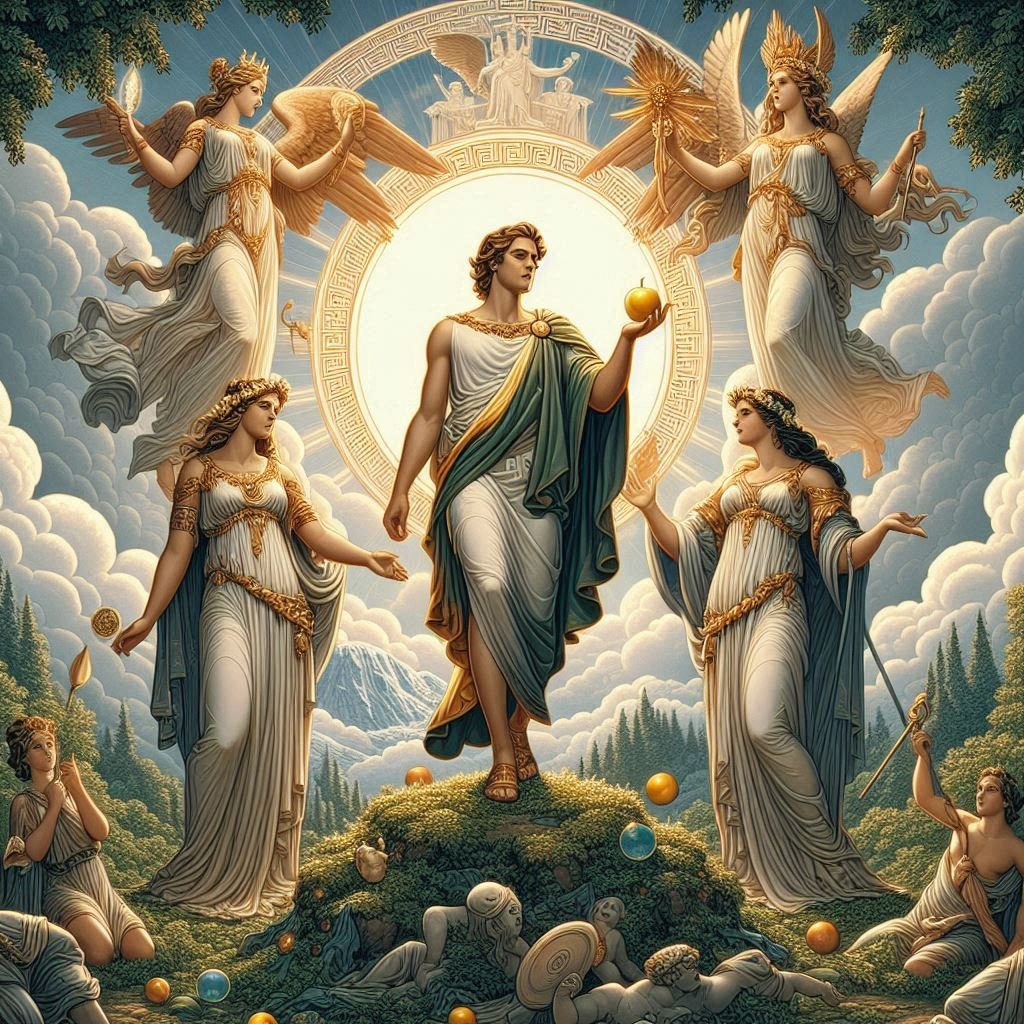



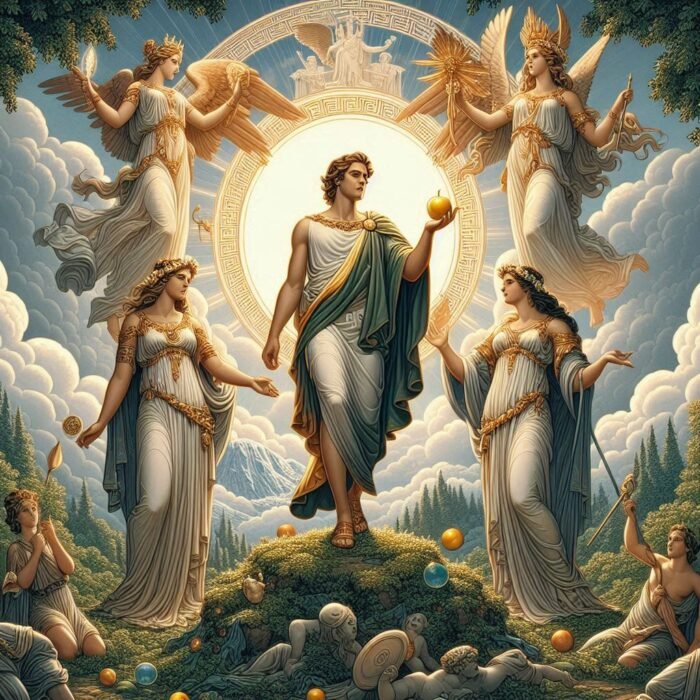
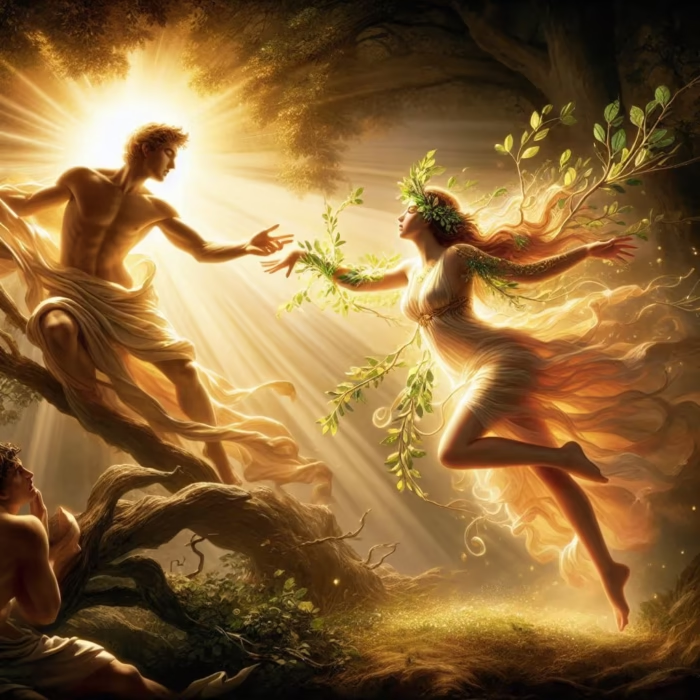

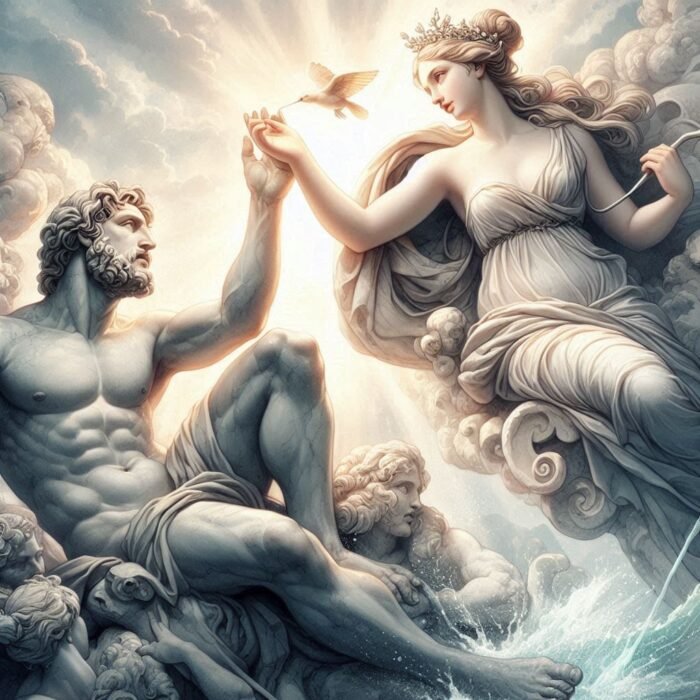
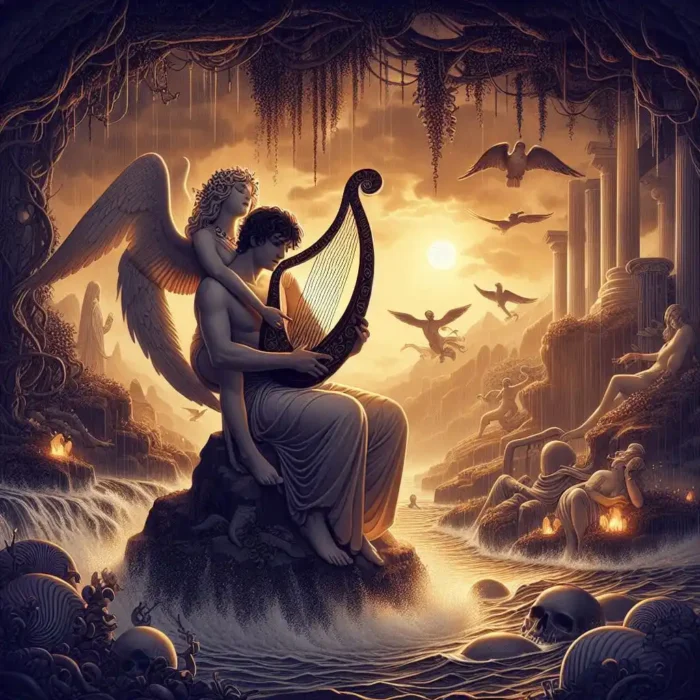



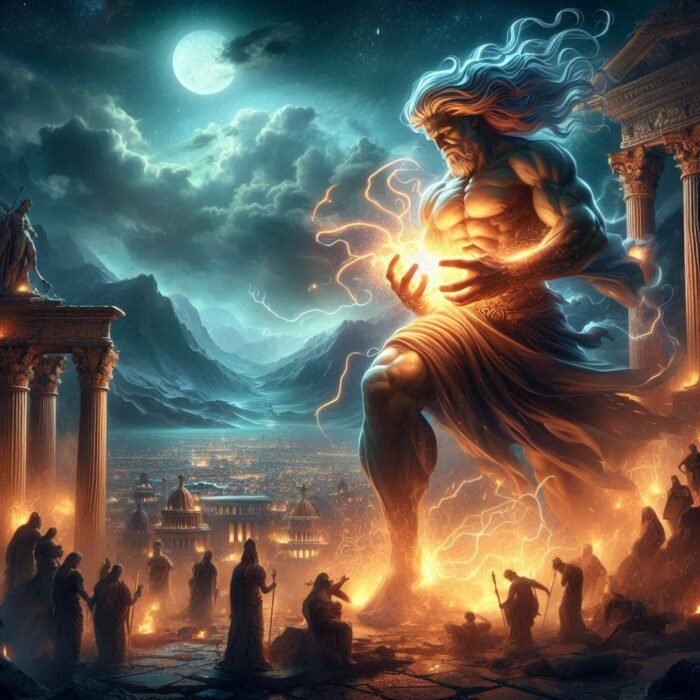
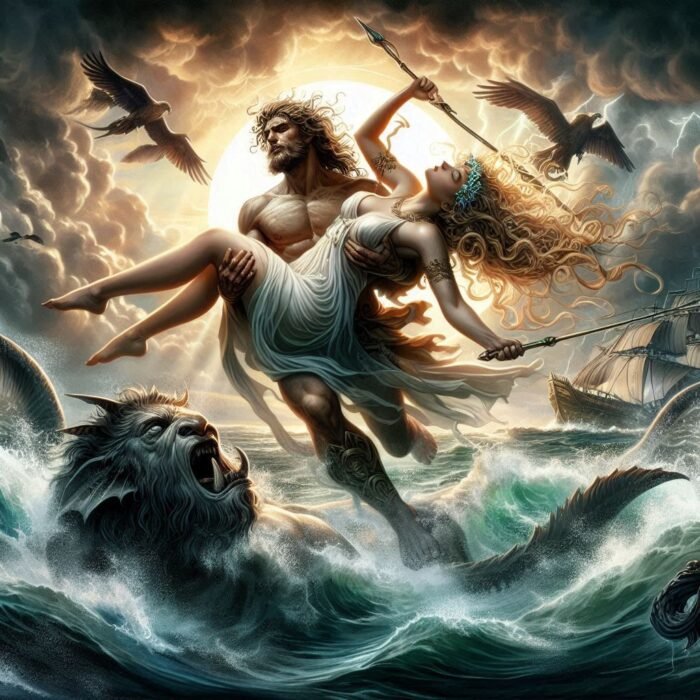
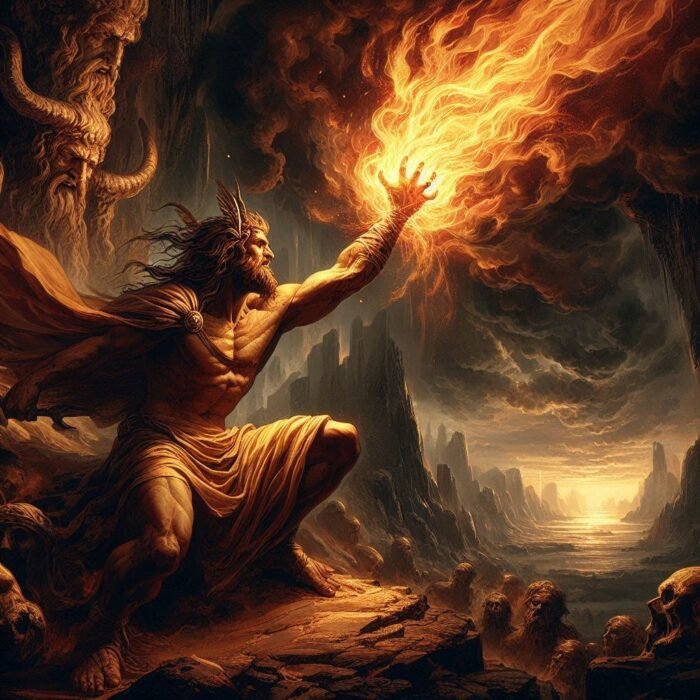


Comments